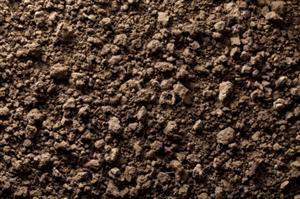
Soil Types and Water Retention
Medium

In this experiment, you will compare the water retention properties of sand, clay and silt soil. You will measure the amount of water retained in each soil type and observe which one holds the most water.
Hypothesis
The hypothesis is that silt soil will retain the most water.
Method & Materials
You will place sand, clay and silt soil in three separate pots, and measure the amount of water retained in each pot.
You will need three plastic pots, three plastic containers, three sheets of fine wire mesh, 600 ml of water, one sack of sand, one sack of clay, one sack of silt soil, one weighing machine, one measurement cylinder, and one marker pen.
Results
It was observed that pot C with the silt had retained the most water. It had the least amount of water in the collection container and the biggest increase in soil weight.
Why do this project?
This science project is interesting because it allows students to observe the differences in water retention between different types of soil.
Also Consider
Experiment variations could include repeating the experiment using mixtures of different soils, or using different amounts of water and soils from different locations to compare the results.
Full project details
You can find additional information and details for this science fair project here. Have fun exploring!Related videos
Hey there! Here are some awesome videos about this science project that we think you'll really like. They're not only super fun, but they'll also help you learn more about the science behind the project. So sit back, relax, and get ready to have some fun!!
Share this Science Project:
Related Science Fair Project Ideas
Can sea water help or hurt bamboo plants? Find out in this experiment!
Medium
Do you want to know how different cooking methods affect the Vitamin C content in vegetables? Join us in this experiment to find out!
Medium
Does caffeine help plants grow faster? Find out by watering mung beans with water, caffeine solution, and coffee mixture and measuring the growth!
Medium
Share this Science Project:
